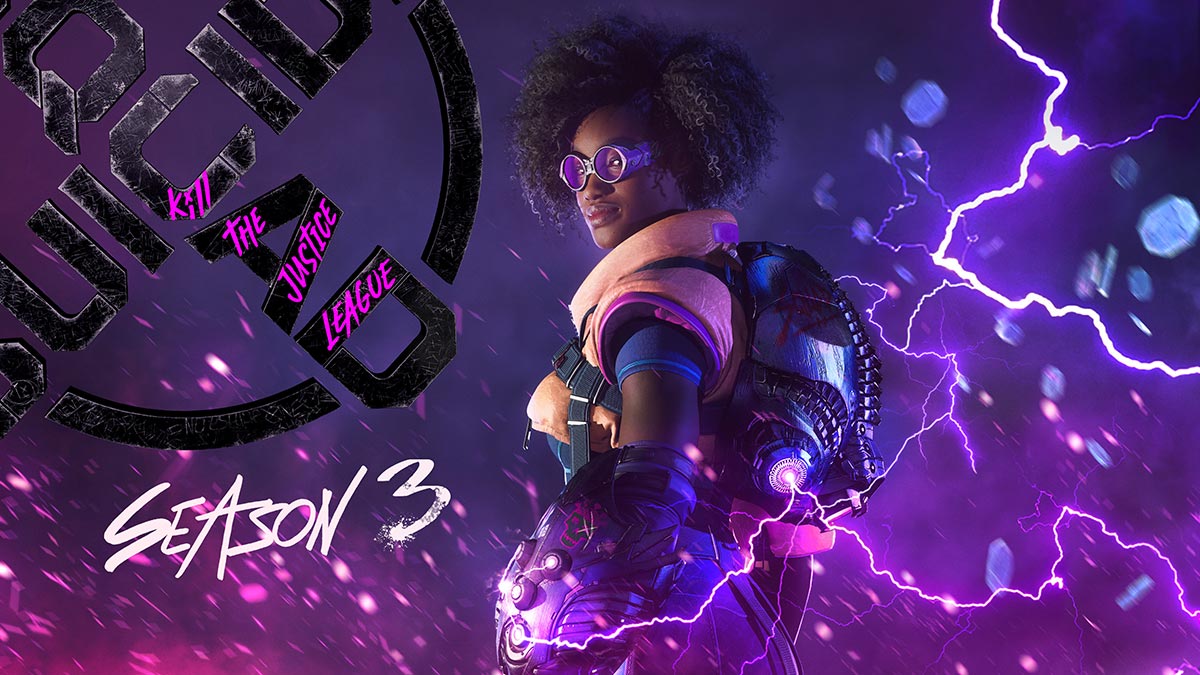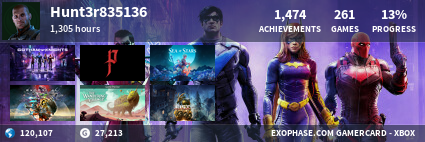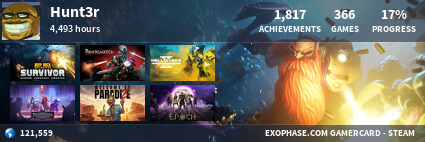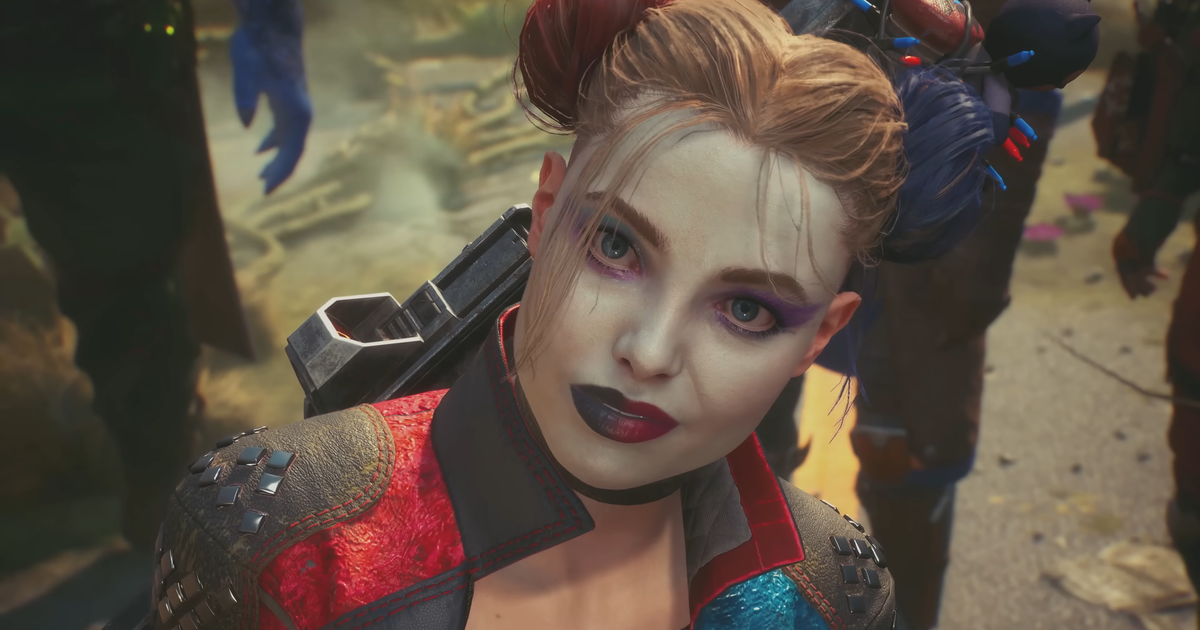Following Rocksteady’s third and final installment, which came out in 2015, the studio’s co-founders Jamie Walker and Sefton Hill, eager to do something different, started working on a prototype of an original multiplayer puzzle-solving game, codenamed
Stones.
Around the end of 2016, Walker and Hill told their staff there’d been a change of plans.
Stones was out.
Suicide Squad was in
. According to people who attended the meetings, Hill explained that he saw it as a better opportunity than making something new from scratch and that the company hoped to release the game in 2019 or 2020. (Walker and Hill declined requests to be interviewed for this story.)
Behind the scenes, according to interviews with nearly two dozen people who requested anonymity because they weren’t authorized to speak to the press, the development of
Suicide Squad: Kill the Justice League was a tumultuous affair, plagued by countless delays. The game failed for a number of reasons, said the people, including a constantly shifting vision, a culture of rigid perfectionism and a genre pivot that was ill-suited for the studio. A spokesperson for Warner Bros. Games declined to comment.
During the early days, the studio kept its work on
Suicide Squad a secret, even from potential hires. Several people who came on board during this era said they were surprised when they first arrived at the offices to learn that they would be working on a multiplayer game, not at all what Rocksteady was known for. Many would depart as a result.
Over time, the leaders’ vision kept morphing, most notably switching from an emphasis on melee combat to heavily focusing on guns. The change left some staff members wondering why protagonists such as Captain Boomerang, known for fighting with his namesake weapon, would suddenly pivot to gunplay. (

)
In August 2020, after three years and multiple delays, Rocksteady finally revealed its plans, telling fans
Suicide Squad would be released in 2022. But additional frustrations kept piling up. The project’s massive world and four playable heroes were a significant increase in complexity from the
Arkham games. Engineers, under the impression they were rushing toward an immutable deadline, prioritized short-term fixes that later proved to be hindrances as the release date kept getting pushed back.
Staff members sometimes waited weeks or months for Hill, the studio’s perfectionist co-founder and director of the game, to review their work, said the people familiar, creating a bottleneck that further slowed development. He scrapped big chunks of the script and struggled to convey his evolving ideas, they said, confessing that he hadn’t spent much time with competing games such as
Destiny. The constant delays hurt morale and led staff to fret that they were discarding too much and failing to make real progress.
At one point, Hill pitched an elaborate system of vehicles that would allow players to deck out cars with weapons and navigate through the game’s alien-infested streets. But each of the four playable characters were already outfitted with modes of traveling, leading to more doubts among staffers. Why, they wondered, would players using Deadshot or King Shark bother with a motorcycle when they could just soar through the air? After months of experimentation and prototyping, the vehicle system was scrapped.
Multiple people who worked on the project say their growing concerns were often met with promises from management that
Suicide Squad would eventually coalesce at the last minute, just as the
Arkham games had (ora abbiamo pure la "Rocksteady's magic" lol ). Several employees adopted the term “toxic positivity” to describe the culture of the company, which discouraged criticism. Leadership didn’t seem worried, they say, even as other traditionally single-player game studios that chased the live-service trend were delivering abysmal results with games such as
Anthem (which earned a lowly score of 59 out of 100 on Metacritic),
Marvel’s Avengers (67 out of 100) and
Redfall (56 out of 100).
Despite the internal concerns among frontline workers, executives from Warner Bros. kept reviewing demonstrations of the game and sending laudatory feedback, praising the graphics and saying they expected
Suicide Squad to become a billion-dollar franchise.
During the February meeting in London, Haddad said that Warner Bros. Games was looking to do more collaboration between its dozen studios and that the company was understaffed compared to competing publishers, so job cuts at Rocksteady wouldn’t make sense.
Many of the studio’s employees are now helping to develop a new “director’s cut” version of
Hogwarts Legacy. At the same time, according to people familiar, the studio leaders are looking to pitch a new single-player game, which would return Rocksteady to its roots.
“I think they’ll definitely get another at-bat,” said TD Cowen analyst Doug Creutz. “Hopefully with something more aligned with their demonstrated talents.”

www.forbes.com





 )
)



